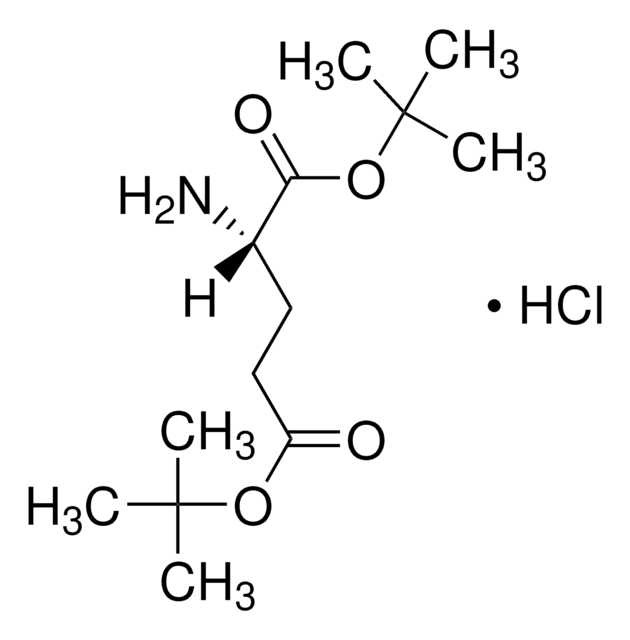431508
Tin(II) chloride dihydrate
≥99.99% trace metals basis
Synonym(s):
Stannous chloride dihydrate
About This Item
Recommended Products
grade
ACS reagent
Quality Level
Assay
≥99.99% trace metals basis
reaction suitability
core: tin
reagent type: catalyst
bp
652 °C (lit.)
652 °C
mp
37-38 °C (dec.) (lit.)
cation traces
Ca: ≤0.005%
Fe: ≤0.003%
K: ≤0.005%
Na: ≤0.01%
Pb: ≤0.01%
SMILES string
O.O.Cl[SnH2]Cl
InChI
1S/2ClH.2H2O.Sn/h2*1H;2*1H2;/q;;;;+2/p-2
InChI key
FWPIDFUJEMBDLS-UHFFFAOYSA-L
Looking for similar products? Visit Product Comparison Guide
Related Categories
Application
Features and Benefits
Signal Word
Danger
Hazard Statements
Precautionary Statements
Hazard Classifications
Acute Tox. 4 Inhalation - Acute Tox. 4 Oral - Aquatic Chronic 3 - Eye Dam. 1 - Met. Corr. 1 - Skin Corr. 1B - Skin Sens. 1 - STOT RE 2 Oral - STOT SE 3
Target Organs
Cardio-vascular system, Respiratory system
Storage Class Code
8B - Non-combustible corrosive hazardous materials
WGK
WGK 3
Flash Point(F)
Not applicable
Flash Point(C)
Not applicable
Personal Protective Equipment
Choose from one of the most recent versions:
Already Own This Product?
Find documentation for the products that you have recently purchased in the Document Library.
Customers Also Viewed
Our team of scientists has experience in all areas of research including Life Science, Material Science, Chemical Synthesis, Chromatography, Analytical and many others.
Contact Technical Service











